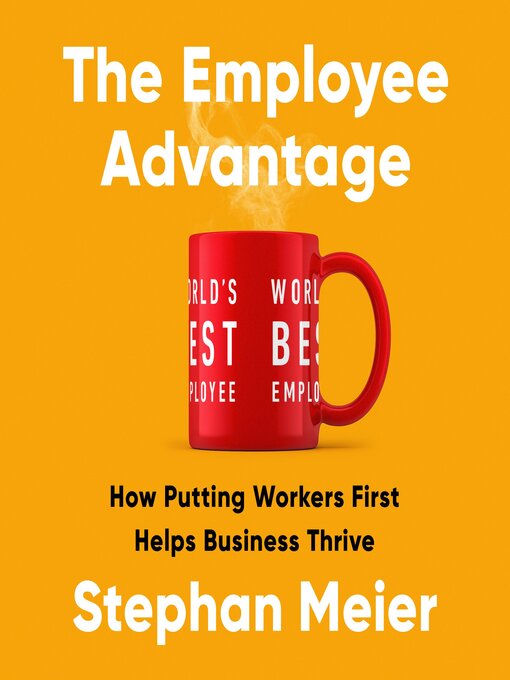In an ever-shifting work landscape, leaders can no longer ignore their most overlooked stakeholders—their employees.
In The Employee Advantage, behavioral economist Stephan Meier explains why organizations must value their employees as much as—if not more than—their customers: those that pivot toward an employee-centric model will be more profitable, innovative, and appealing to top talent.
The good news? You don't need to start from scratch. The customer-centric tools that give you a competitive advantage can be repurposed to focus on employees.
Through case studies of Fortune 500 companies like Costco, DHL, and Best Buy as well as smaller organizations, you will learn:
The future of work is human-centric. The companies that win in the marketplace will be those with the best employees. To get and stay ahead, businesses must embrace the employee advantage.

